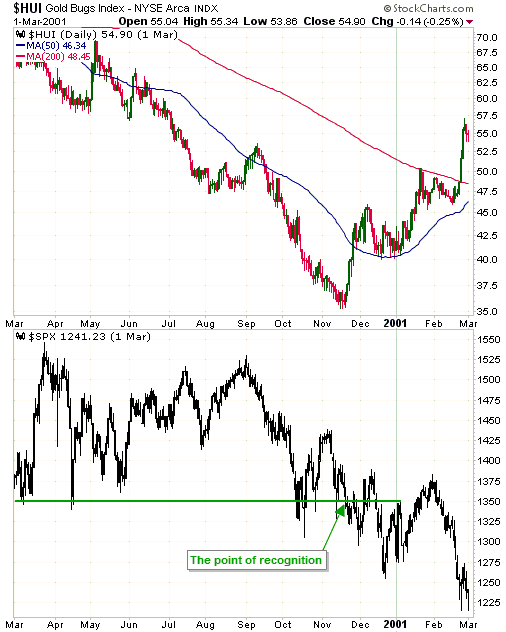In a recent blog post, Martin Armstrong wrote: “This constant attack on central banks is really hiding what the problem truly is — government. When the Fed was created, it “stimulated” the economy by purchasing corporate paper. The Fed was NEVER intended to buy government bonds. The politicians did that for World War I and never returned it to its purpose.” That’s not entirely true. Also, it’s naive to believe that the Fed would benefit the overall economy if it were restricted to its originally-intended purpose.
Contrary to Mr. Armstrong’s assertion, the Federal Reserve Act of 1913 actually does enable the Fed to buy government paper. Specifically, Section 14 of the Act states:
“Every Federal reserve bank shall have power … [to] buy and sell, at home or abroad, bonds and notes of the United States, and bills, notes, revenue bonds, and warrants with a maturity from date of purchase of not exceeding six months, issued in anticipation of the collection of taxes or in anticipation of the receipt of assured revenues by any State, county, district, political subdivision, or municipality…”
More generally, the Federal Reserve Act gave Federal Reserve banks the power to purchase short-term commercial paper (bills of exchange) and short-term government paper, and to set the discount rates associated with these purchases.
Secondly, the whole concept of economic stimulation by central banks in general and the Fed in particular is one of world history’s greatest-ever cases of mission creep. A central bank cannot possibly stimulate an economy by lowering interest rates and creating money; all it can do is distort an economy and exacerbate the boom-bust cycle. Although the theoretical framework had not yet been fully developed by the likes of Ludwig von Mises, this was generally known by economists at the time of the Fed’s establishment in 1913 and explains why there was no mention in the Federal Reserve Act of the Fed taking actions in an effort to modulate the pace of economic growth. Unfortunately, economics is the one science that has taken a giant step backwards over the past 100 years. Whereas there was originally no intention of having the Fed interfere with market rates of interest and react in a counter-cyclical manner to shifts in economic activity, most economists can no longer even envisage an economy that is free from central-bank manipulation.
Thirdly, while it would be a great improvement if the Fed were limited by the rules that originally governed its actions, it is important to understand that the problems (the periodic bank runs and financial crises) that the Fed was set up to address are the result of fractional reserve banking. Rather than eliminate fractional reserve banking, which would have been the correct solution, a central bank was established as a work-around. This is mainly because some of the most powerful and influential people in the country were bankers. Not surprisingly, most bankers like having the legal power to create money out of nothing.
My final point is that the Federal Reserve Act of 1913 was a foot in the economic door. Once the foot was in the door it was always going to be just a matter of time before the entire body had wormed its way in. The reason is that the powers of central banks grow in the same way as the powers of governments, with each intervention leading to problems that create the justifications for more interventions and with the occasional crisis providing the justification for a quantum leap in power. To put it succinctly, the mission creep was inevitable.
 Print This Post
Print This Post

